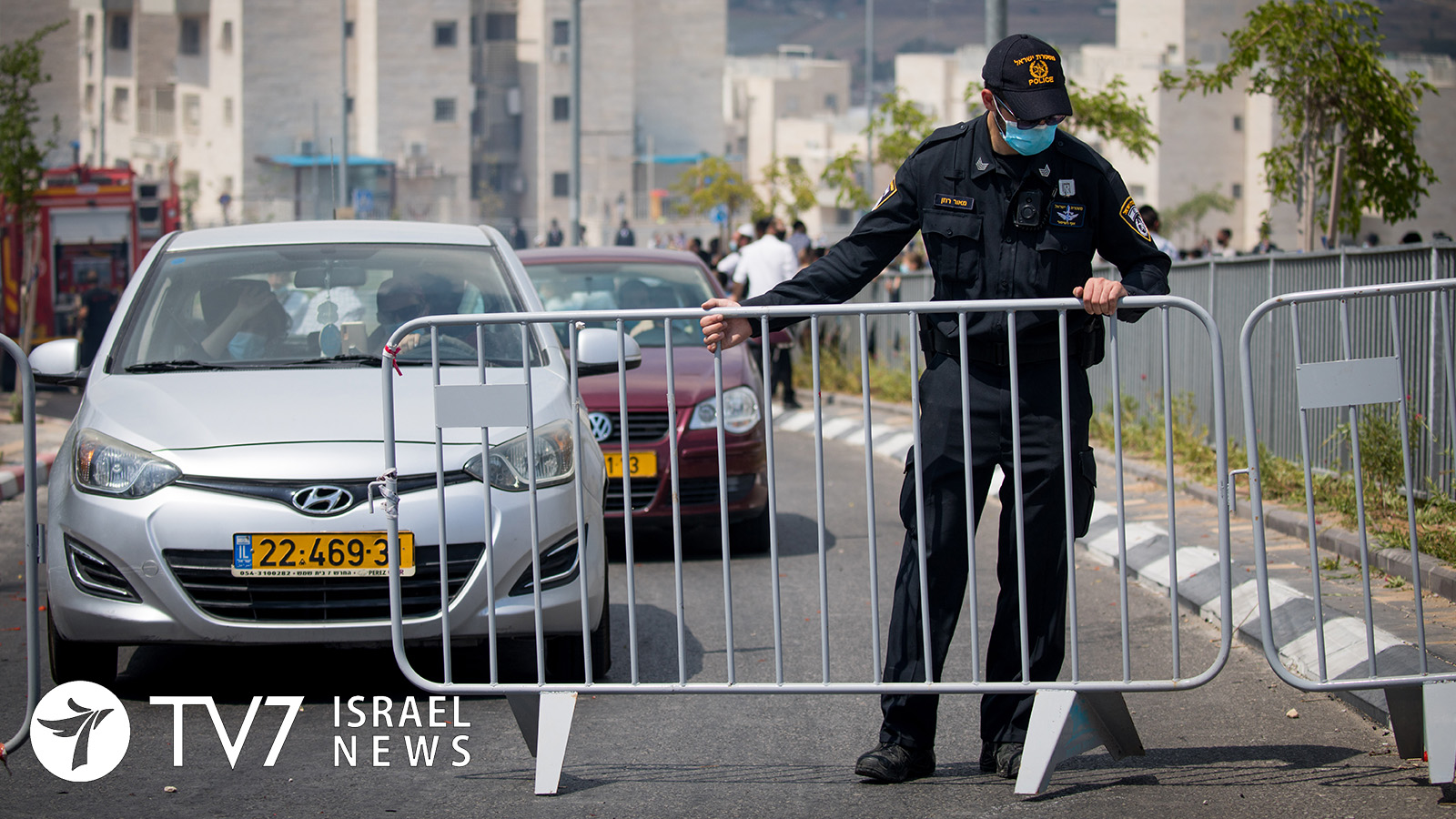Israel’s governmental Coronavirus Cabinet announced that beginning this evening, restrictions will be implemented in 40 cities, towns, communities and neighborhoods where the disease is prevalent.
The official body, tasked with efforts to contain further spread of the contagion, has instructed the enforcement of overnight curfews on the designated areas for one week between the hours of 7 PM until 5 AM the following day.
“It is self-evident that we want to prevent, or at least postpone, a general lockdown,” said Prime Minister Benjamin Netanyahu. “In effect, we have been doing this for months and have been reaping the economic benefit. However, in light of the high morbidity situation, we decided to take another blocking step, via a curfew on 40 red cities,” he added, revealing that “10 cities were placed on the list within the past 24 hours.”
It appears that the Israeli leader has succumbed to political pressure since his previous declaration last Thursday that heavier closures would reluctantly be imposed on 30 exclusively ultra-Orthodox Jewish and Arab Israeli communities where the pandemic has been raging. The Coronavirus Cabinet ultimately decided that the nightly curfews would suffice in many of the ultra-Orthodox areas such as Nazareth, Bnei Brak and several Jerusalem neighborhoods, in defiance of the Health Ministry’s insistence on full lockdowns amid the alarming spike in morbidity levels within those communities and their surrounding areas in recent days.
“We can head in one direction, or another direction,” said Health Minister Yuli Edelstein. Warning against confused messages, he went on to assert that, “we cannot demand low morbidity; we cannot demand that there won’t be mortality and critically-ill patients while at the same time demand that everything will remain open.”
According to the latest Health Ministry data, the increase of 2,234 active COVID-19 cases in Israel raised the total number of current patients to 26,722, of whom 470 are hospitalized in critical condition. The mortality rate has also climbed to 1,026 people who have lost their lives to the disease since it first broke out in Israel in February of this year.
